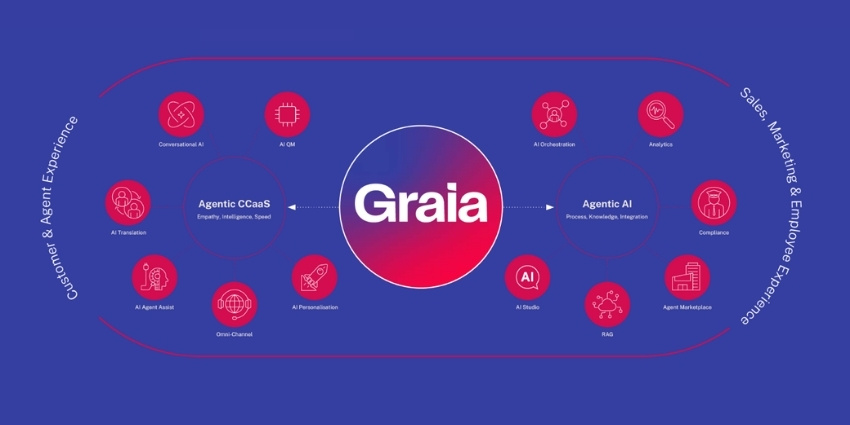Gartner has predicted that agentic AI will autonomously resolve 80 percent of common customer service issues without human intervention by 2029.
According to the research firm, this will lead to a 30 percent reduction in operational costs.
Unlike earlier AI models that were confined to text generation or interaction summaries, agentic AI represents a breakthrough by enabling autonomous task completion.
The technology also allows customers to ask multi-faceted questions, fundamentally redefining how customers engage with service teams.
In expounding on the prediction, Daniel O’Sullivan, Senior Director and Analyst in the Gartner Customer Service & Support Practice, said:
Agentic AI has emerged as a game-changer for customer service, paving the way for autonomous and low-effort customer experiences.
In addition to handling assigned tasks, agentic AI has the capacity to proactively identify and resolve issues before a customer reaches out.
Soon, such pre-emptive customer service – not proactive customer service – will become the gold standard.
Customers Will Utilize AI Agents, Too
Just as businesses use AI agents to engage with customers, customers will increasingly use their own forms of AI to contact businesses in the near future.
Recent innovations from Google seem to have brought this future closer.
This transition presents a “potential challenge” for customer service teams accustomed to handling reactive demand from human customers.
O’Sullivan explained that organizations will need to “rethink their approach” to managing inbound service interactions, preparing for a future where AI-driven requests “become the norm.”
“In this future, automation will need to become the dominant strategy for all service teams,” O’Sullivan said.
In order to prepare, Gartner advises customer service and support leaders to take the following actions:
- Prepare for Automation: Anticipate more automated interactions from AI agents, invest in scalable infrastructure, and optimize self-service channels to manage bot traffic.
- Revise Service Models: Update models to handle AI-driven service volume and implement dynamic routing to differentiate between human and AI interactions.
- Set AI Interaction Policies: Develop guidelines for AI-led interactions, addressing data privacy, security, and escalation.
- Collaborate with Product Teams: Partner to integrate agentic AI into products for proactive issue detection and reduced reliance on external AI.
As customers increasingly leverage agentic AI-powered agents to initiate, manage, and negotiate service requests on their behalf, service teams must adapt to this transformative shift.
According to the research firm, that involves embracing new roles and skills to effectively collaborate with these intelligent systems.
Agentic AI: Where Should Contact Centers Get Started?
For Gartner, the first step into the magic world of AI agents is for service leaders to embrace strategic technology integration and build strong partnerships with IT and data departments.
“Essential skills for successful leadership include AI literacy, data analysis, and emotional intelligence, which enable leaders to optimize workflows and foster collaboration between AI systems and human employees,“ added O’Sullivan.
As the early pioneers in the use of customer-facing AI within many organizations, service leaders should look to leverage their expertise to guide the organization through what is likely to be a period of significant transformation in the relationship between businesses and their customers.
Gartner also suggests that service leaders must focus on developing a “forward-thinking mindset, anticipating future trends, and preparing their teams for ongoing technological advancements.“
This entails keeping up-to-date with advancements in AI and related domains while engaging in industry forums and networks to share insights and adopt best practices.
Other Gartner News
Last month, Gartner revealed that Customers are increasingly choosing third-party customer service experiences over traditional ones.
By 2028, Gartner predicts that 70 percent of customer service journeys will begin and end with these third-party conversational assistants on mobile devices.







